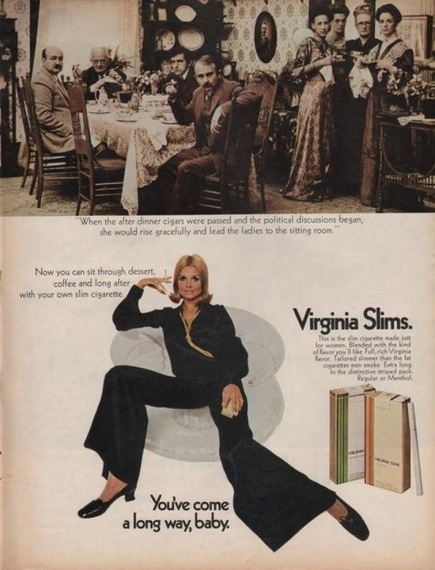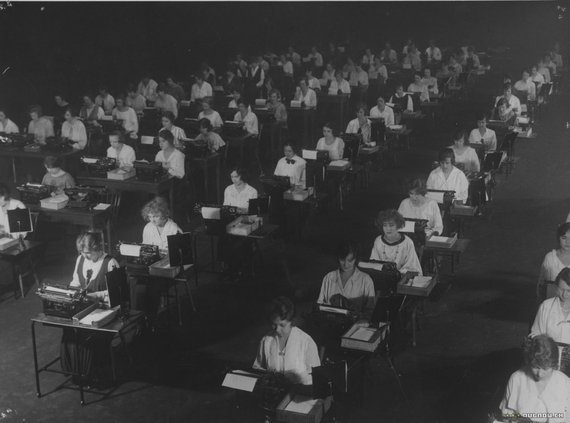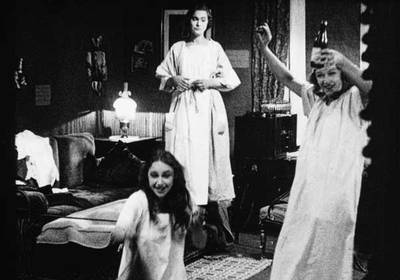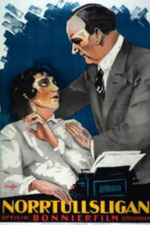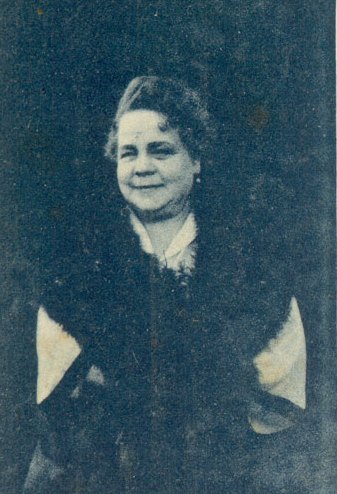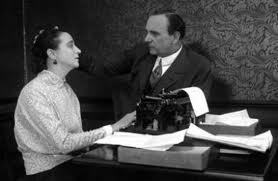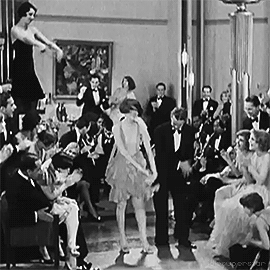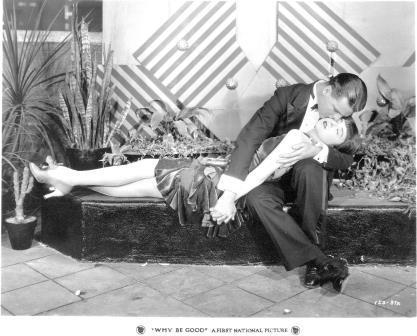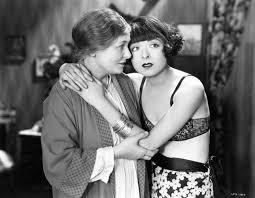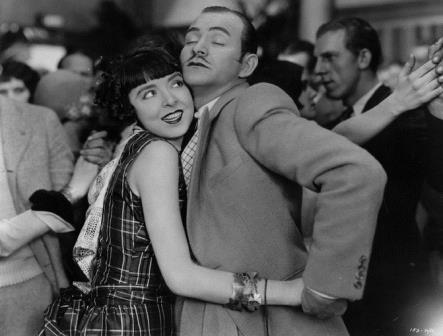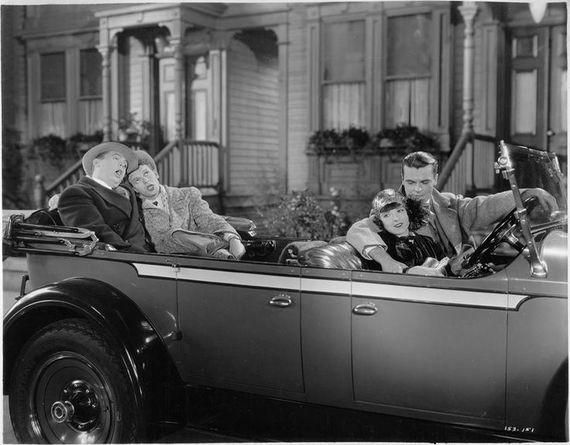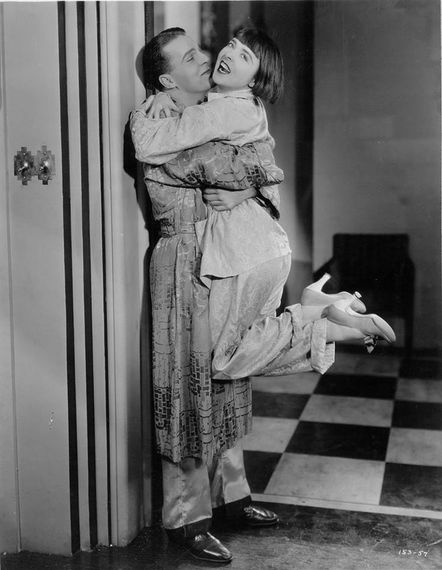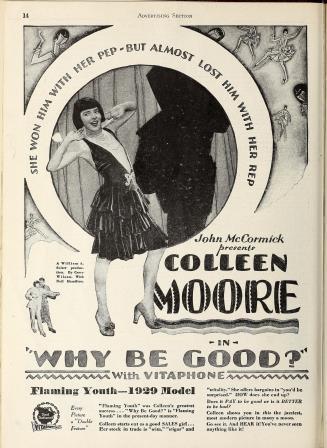In the late 1960s a new brand of cigarettes was introduced by Philip Morris International. A spinoff of the popular Benson & Hedges brand, its marketing was aimed at female smokers enjoying a new sense of liberation. For better or worse, the advertising slogan for Virginia Slims insisted that "You've Come A Long Way, Baby."
Although the late 1960s saw the Women's Liberation movement gaining media penetration and political momentum, in truth the women's suffrage movement had been brewing since the late 19th and early 20th centuries.
- In 1893, New Zealand became the first nation to grant women over the age of 21 the right to vote in parliamentary elections.
- On August 18, 1920, the ratification of the 19th Amendment to the United States Constitution gave American women the right to vote.
- Jack Lew (Secretary of the Treasury) has announced that in 2020, to commemorate the 100th anniversary of the 19th Amendment's ratification, a woman will replace Alexander Hamilton on a redesigned $10 bill.
- Not only did the Roaring Twenties lead to a greater sense of personal freedom for American women, thousands of single women moved into the workplace (even if they remained at home, living with their parents). For many, the dream was to marry a man who could give them financial security, a nice home, and children.
That dream persisted for decades (when I attended Brooklyn College during the 1960s there were plenty of women majoring in art and English whose primary goal was to find a husband). Since that time, women have become an important part of the professional work force, often outnumbering men in recent graduating classes from medical schools.
At the 2015 Tony Awards, composer Jeanine Tesori's acceptance speech included the following statement:
"As a young woman I didn't realize I could have a career in music until 1981. I saw the magnificent Linda Twine conduct Lena Horne: The Lady and Her Music and that was my 'Ring of Keys' moment which, by the way is not a song of love. It's a song of identification because, for girls, you have to see it to be it. I'm so proud to be standing here with Lisa Kron. We stand on the shoulders of other women who have come before us: Mary Rodgers, Tania Leon, Linda Twine."
Perhaps that's why it's now a bittersweet treat to listen to Frankie Valli and The Four Seasons as they sing "Big Girls Don't Cry."
The 2015 San Francisco Silent Film Festival included two programs which cast an interesting light on women in the work force during the 1920s. One feature (on loan from the Swedish Film Institute) focused on a quartet of women living as roommates while struggling to get by on low wages. By contrast, a beautifully restored pre-code American film captured the gaiety and exuberance of the flapper era.
* * * * * * * * * *
Directed by Per Lindberg, 1923's Norrtullsligan (Northgate League) was accompanied by the Matti Bye Ensemble. Set in a working-class district of Stockholm, the story (which centered around a quartet of "pink collar" women) was adapted from a serialized novel written by Elin Wägner.
An office in Stockholm is filled with "pink collar"
typists in a scene from Norrtullsligan
The narration is by Tora Teje, who stars as Pegg (a secretary/clerk to a local businessman played by Egil Eide). As the film begins, Pegg wonders how she managed, in one year's time, to transition from a near suicidal 25-year-old office worker into a happily married woman.
Among the women who share an apartment with Pegg are 18-year-old Baby (No Tidblad), Eva (Renée Björling), and the cynical Emmy (Linnéa Hillberg). Putte (Lauritz Falk) -- the young boy living with them - whom many assume is Pegg's illegitimate son -- is actually her kid brother.
Pegg's roommates relax after work in Norrtullsligan
Although their little group offers a haven from the domineering presence of male employers and boorish dates (the underage Putte doesn't count as a grown man), it's hard for Pegg to leave her financial concerns at the door or ignore her feelings of revulsion every time her manager (a well meaning but desperately lonely and socially clumsy man) makes sexual advances at work.
Poster art for Norrtullsligan
Even with three roommates (who are all employed as clerks), Pegg has trouble making ends meet. When her employer refuses to give her an advance on her wages, she appeals to her wealthy aunt (Stina Berg), when she and Putte are invited to lunch with their cousin Cousin Görel (Tollie Zellman). In her program note, Shari Kizirian writes:
"[The film portrays] the challenges these young women face as they jostle alongside other rats in the modern race: Men and Other Misfortunes. The misfortunes are familiar as they still menace us today: sexual harassment, prejudice against single-parenting, the wage gap, the glass ceiling, and an unforgiving capitalism that pits poor against poor in a wealth-rules-all world."
Stina Berg portrayed Pegg's wealthy aunt in Norrtullsligan
Eventually, the group of roommates starts to get pulled apart by social pressures. Baby gets engaged to a notary (Nils Asther) while Eve becomes engaged to another man (Gabriel Alw). Even Cousin Görel is engaged to marry a young man (Olav Riego), leaving Pegg on the brink of becoming an old maid stuck with the responsibility of caring for her younger brother.
At this point, the film suddenly lurches in another direction. Pegg's aunt invites the younger woman to join her on a vacation to the Riviera but, unbeknownst to her friends and family, Pegg has finally succumbed to her boss's pleas and accepted an engagement ring from him. Her husband-to-be deftly informs the older woman that Pegg won't be available to join her on the Riviera because she will already be there, enjoying her honeymoon.
Pegg (Tora Teje) and her manager (Egil Eide)
in his office in a scene from Norrtullsligan
According to Wikipedia, screenwriter Hjalmar Bergman gave Norrttulsligan a happy ending that was quite inconsistent with the tone of Elin Wagner's novel. Although this was most likely done for commercial reasons, the new, Cinderella-ish ending (which seemed trite to some critics) did not meet with unanimous approval.
* * * * * * * * * *
The somber, somewhat depressing tone of Norrttulsligan was adequately compensated for with a rare screening of the vivacious Colleen Moore's last silent film, Why Be Good? (1929). Directed by William A. Seiter with live musical accompaniment by the Mont Alto Motion Picture Orchestra, this high-spirited flapper-era romance showed off Moore's impressive chops as a dancer and comedian.
Colleen Moore in Why Be Good?
Among the film's many delights are some sets designed with a heavy Art Deco touch, a cameo appearance by a young Jean Harlow, and a decadent nightclub called "The Boiler Room" where the huge oven doors above the crowd open up to reveal several female dancers positioned to look as if they're being roasted on rotisserie spits.
Moore stars as Pert Kelly, a top salesgirl whose father (John St. Polis) is a conservative old prude, but whose mother (Bodil Rosing) encourages their daughter to enjoy the new freedoms which were unavailable to her back when she was young and sexy. An attractive young woman with an exuberant personality, Pert has no trouble winning Charleston contests and partying with her friends although, underneath it all, she remains "a good girl."
Mrs. Kelly (Bodil Rosing) comforts her daughter, Pert
(Colleen Moore) in a scene from 1929's Why Be Good?
When the slimy Jimmy Alexander (Louis Natheaux) tries to take advantage of Pert's good looks and newfound celebrity, Moore's character displays lots of tricks that will keep a would-be Lothario at a safe distance. Having just spotted a real dreamboat -- in the form of Winthrop Peabody, Jr. (Neil Hamilton) -- making his way across the dance floor, Pert knows how to aim higher than a sleazeball like the self-proclaimed "sheik."
Pert Kelly (Colleen Moore) and Jimmy Alexander
(Louis Natheaux) hit the dance floor in Why Be Good?
What Pert has no way of knowing is that the handsome young man who is flirting with her is about to start work as the new Head of Personnel at the department store where she works. Before Winthrop Jr. left a party at his apartment celebrating his last day as an unemployed playboy, he was cautioned by his father, Winthrop Peabody, Sr. (Edward Martindel), not to date any of the girls at work.
But Winthrop and Pert are having a great time dancing and partying with Winthrop's friends, Tom (Eddie Clayton) and Jerry (Lincoln Stedman). When they finally drop Pert off at her parents' home, Winthrop insists on a follow-up date the next night.
Pert's late arrival at work the next morning causes her to be sent to the Personnel Department where, on his first day at work, Winthrop fires her. How they reunite and fall in love is filled with lots of wonderful sight gags, tart remarks, feminist sass, and surprising confrontations which eventually put Winthrop's father in his place. The best moment occurs when Winthrop Jr., trying to prove that Pert is "a good girl," takes her to a roadhouse where he rents a room to see if their evening will turn sexual. When she refuses to go along with the setup, she tells him "You men! You insist on a girl being just what you want -- and then you bawl her for being it!"
Newlyweds Winthrop Peabody, Jr. (Neil Hamilton) and his wife,
Pert (Colleen Moore), anticipate a happy future in Why Be Good?
Why Be Good? is blessed with a mercurial star, a plot written with a great sense of humor, some wonderful dancing, and a wardrobe of exquisite costumes designed by Max Rée. Yet it is one of the very few of almost 50 films Moore appeared in that remains viewable. In her program note, Marilyn Ferdinand explains that:
"The recovery of Why Be Good? is a story of two people coming together in the right place at the right time. In 1994, Ron Hutchinson, founder of The Vitaphone Project, presented a program of restored Vitaphone short films at New York's Film Forum. In his opening remarks, he brought the audience up to date on activities of the organization formed in 1991 to locate soundtrack disks for early Vitaphone and other talkie shorts and features and reunite them, if possible, with their films."
Poster art for Why Be Good?
"Writing about the occasion, Hutchinson recalled, "I casually mentioned that I recently acquired all the soundtrack disks for Colleen Moore's Why Be Good? I said something to the effect that 'unfortunately, this is a lost film.' Film historian Joseph Yranski, who ran the film library at the Donnell Media Center [a now-closed repository of the New York Public Library system], was a friend of Colleen Moore and knew more about this film than probably anybody on the planet, yelled out 'No it's not! I know where it is!' The full house at Film Forum cheered.' Those cheers were premature, however. It was not until 2012 that Cineteca Italiana di Milano, which housed the print, returned it to the United States for restoration. It was synched with the jazzy Vitaphone soundtrack, which is available on the Warner Bros. DVD. "
In what has to be one of the cruelist of ironies, the only footage from Why Be Good? posted to YouTube does not even include Colleen Moore. If you're looking for a delightful silent film (with the original Vitaphone soundtrack), it's well worth the money. Here's the clip.
To read more of George Heymont go to My Cultural Landscape

